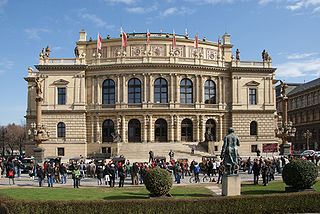
The Czech Philharmonic is a symphony orchestra based in Prague. It belongs to the oldest and most important world orchestras and is appreciated for its specific warm tone. The main stage of the orchestra is the Rudolfinum concert hall.

Bohuslav Jan Martinů was a Czech composer of modern classical music. He wrote 6 symphonies, 15 operas, 14 ballet scores and a large body of orchestral, chamber, vocal and instrumental works. He became a violinist in the Czech Philharmonic Orchestra, and briefly studied under Czech composer and violinist Josef Suk. After leaving Czechoslovakia in 1923 for Paris, Martinů deliberately withdrew from the Romantic style in which he had been trained. During the 1920s he experimented with modern French stylistic developments, exemplified by his orchestral works Half-time and La Bagarre. He also adopted jazz idioms, for instance in his Kitchen Revue.

Karel Ančerl was a Czechoslovak conductor and composer, renowned especially for his performances of contemporary music and for his interpretations of music by Czech composers.
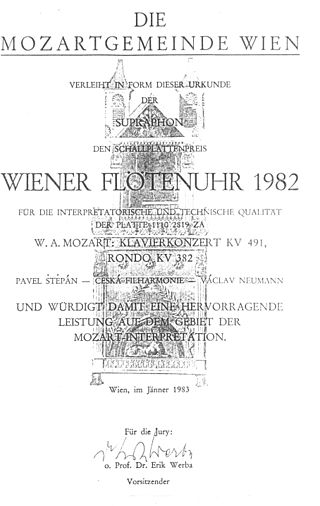
Václav Neumann was a Czech conductor, violinist, violist, and opera director.
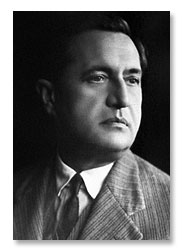
Václav Talich was a Czech violinist and later a musical pedagogue. He is remembered today as one of the greatest conductors of the 20th century, the object of countless reissues of his many recordings.
The Smetana Quartet was a Czech string quartet that was in existence from 1945 to 1989.

Iša František Krejčí was a Czech neoclassicist composer, conductor and dramaturge.
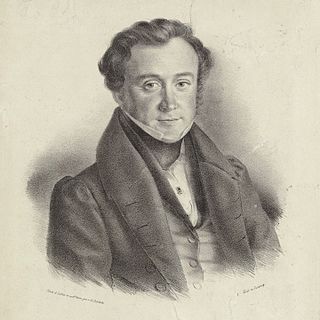
Jan Křtitel Václav Kalivoda was a composer, conductor and violinist of Bohemian birth.

Josef Suk was a Czech violinist, violist, chamber musician and conductor. In his home country he carried the title of National Artist.

Jaroslav Kocián was a Czech violinist, classical composer and teacher. Together with Jan Kubelík he is considered as the most important representative of "Ševčík´s school". He was celebrated as an interpreter of violin compositions of Johann Sebastian Bach. As a composer he is especially noted for his compositions for the violin, which have been recorded most often by his student Josef Suk.
František Sláma was a Czech chamber music performer. He was the first Czech cellist who focused on Early music.

The Talich Quartet is a Czech string quartet founded in 1964, which has won several Grand Prix du Disque awards.
The Vlach Quartet is the name of two consecutive classical string quartet musical ensembles, based in Prague, both of which were founded by members of the Vlach family. The original Vlach Quartet was founded by Josef Vlach in 1950 and wound up in 1975. In 1982 the New Vlach Quartet was founded by his daughter Jana Vlachova, with guidance her father, and came to be known as the Vlach Quartet of Prague, and is still active as a musical ensemble.

František Brikcius is a Czech cellist.
Ladislav Černý was a Czech violist and teacher.
Jiří Tancibudek AM was a Czech-born Australian oboist, conductor and teacher of great renown in his adopted country and elsewhere. His obituary in the Adelaide Review, titled "Prince of the oboe", said of his playing:
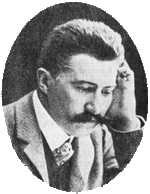
Pohádka, Op. 16 is an orchestral suite from incidental music composed for Julius Zeyer's mythological drama Radúz and Mahulena by Josef Suk in 1897–1898.

The Kocián Quartet is a Czech classical chamber ensemble. Originally named the New String Quartet, it was founded in 1972 by three members of the Prague Symphony Orchestra with Pravoslav Kohout as 1st violin. In 1975 they were renamed the Kocián Quartet in honor of famous violinist Jaroslav Kocián.

Josef Špaček is a Czech solo violinist and until 2019/20 season a concertmaster of the Czech Philharmonic orchestra. He performs on the c. 1732 “LeBrun; Bouthillard” Guarneri del Gesù violin, generously on loan from Ingles & Hayday.
Václav Snítil was a Czech violinist and music educator.














